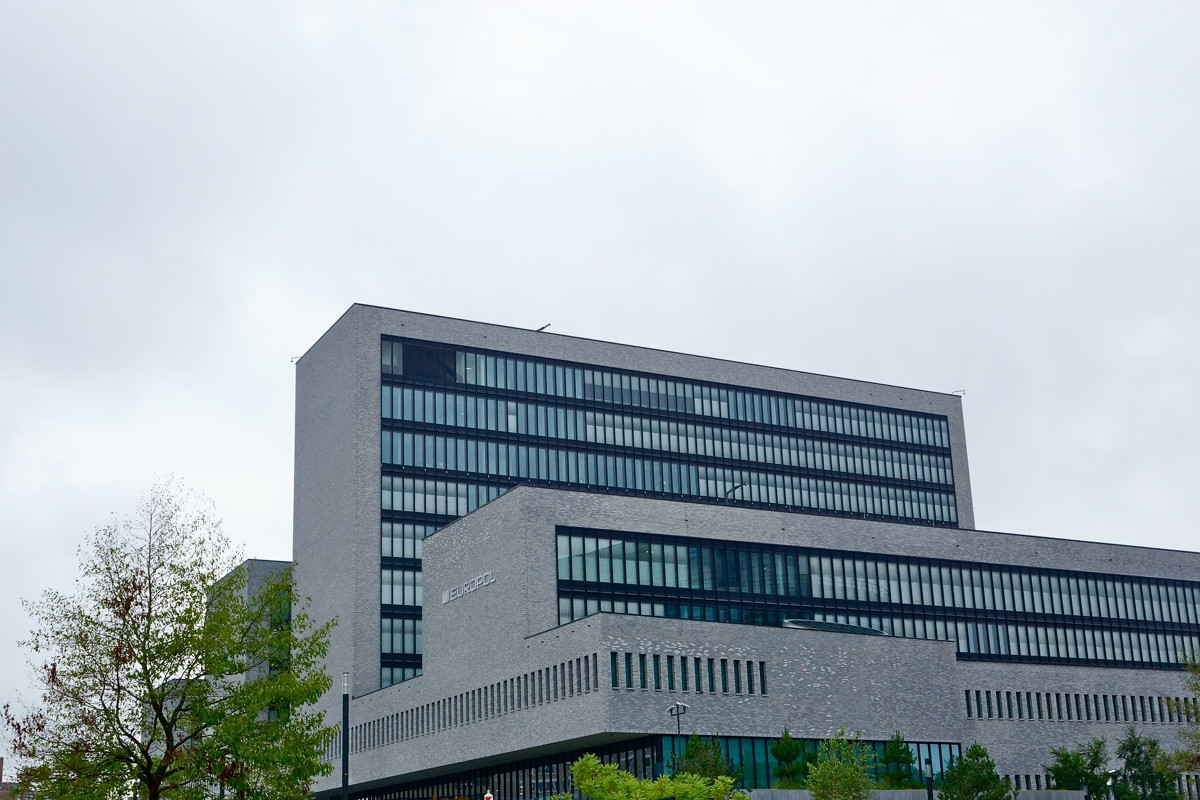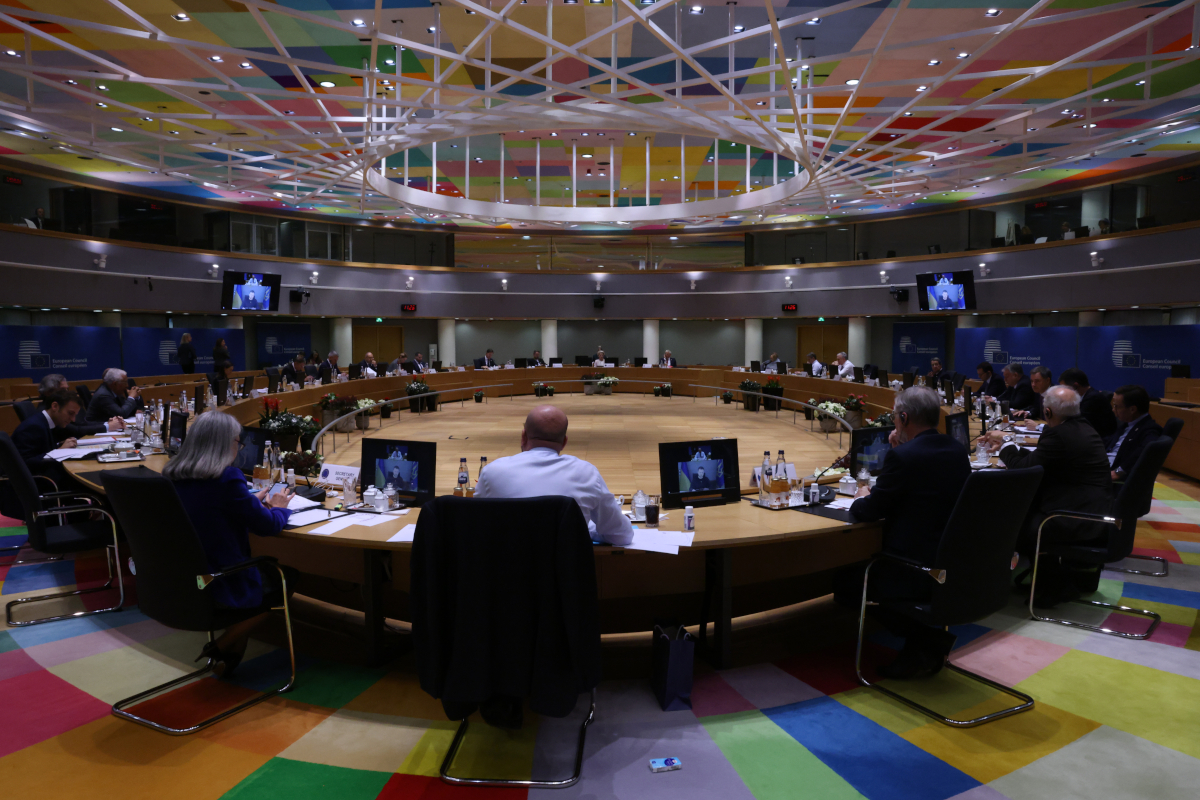Public hearing at Dutch court over police surveillance of activist
Topic
Country/Region
30 January 2023
Frank van der Linde is a Dutch political activist who has spent five years trying to find out exactly what information the police hold on him and why. On 30 March, he will ask the Court of Amsterdam to order an external independent institution to carry out a forensic examination of the Dutch police database, with the aim of guaranteeing his right to access his personal data. The ruling will have an impact not just in the Netherlands but across the EU.
Support our work: become a Friend of Statewatch from as little as £1/€1 per month.

Image: haaijk, CC BY-NC-ND 2.0
After making a subject access request to the police, van der Linde learnt that the counter-terrorism department and the municipality of Amsterdam were storing information about him, such as his social media posts and attendance at demonstrations.
The police also sent data on him to other national police forces and the EU policing agency, Europol, warning of his "risk" to public order - but van der Linde's biggest crime is breaking a window to squat an empty apartment to create a home for homeless people.
Due to the unwillingness of the police to share all the data they hold about him, the case will seek access to the police database by an independent external institution with the aim of obtaining access to the complete file.
"“It’s exhausting to go back and forward to different government agencies to find out what data is stored about me," said Frank van der Linde. "What do they wanna hide? On paper, government agencies should be transparent, but in reality, it’s almost impossible to find out what data is stored.”
The hearing will take place at the Court of Amsterdam on 30 March 2023 from 9:00 until 12:30. There will be a real-time interpreter for non-Dutch speaking attendees.
Strategic litigation
Court of Amsterdam, 30 March 2023
Parnassusweg 280, 1076 AV Amsterdam, Netherlands
From 9h00 till 12h30, three seating judges
For further information contact:
- Romain Lanneau: romain[at]statewatch.org
- Frank van der Linde: frank[at]frankvanderlinde.net
Our work is only possible with your support.
Become a Friend of Statewatch from as little as £1/€1 per month.
Further reading

Europol told to hand over personal data to Dutch activist labelled "terrorist" by Dutch police
Europol has been admonished by the European Data Protection Supervisor for the second time this year, for failing to comply with a request from a Dutch political activist to access the data held on him by the policing agency. The European Data Protection Supervisor's investigation found a series of failings by the agency to comply with the law, at a time when its powers to gather and process data have been vastly increased by a recent legal reform.

France: Green light for police surveillance of political opinions, trade union membership and religious beliefs
Three decrees published by the French government at the beginning of December will allow the state to gather data on the political opinions, trade union activities and religious beliefs of people who could “harm the integrity of the territory or institutions of the Republic”, a vague term that expands the scope of police files far beyond what was previously permitted.
Suspicion files: German police databases on political activists
German authorities use a number of databases that collect data on political activists, even if they hadn't been sentenced or tried. Names are stored if people have had their identity checked, or if they have registered a demonstration under their name. Many are recorded under false designations. Such entries have raised concerns around them being used for further repression, including the revocation of journalists’ accreditation. Discriminatory and stigmatising labels have also been applied to people whose data is held by the police.
Spotted an error? If you've spotted a problem with this page, just click once to let us know.

